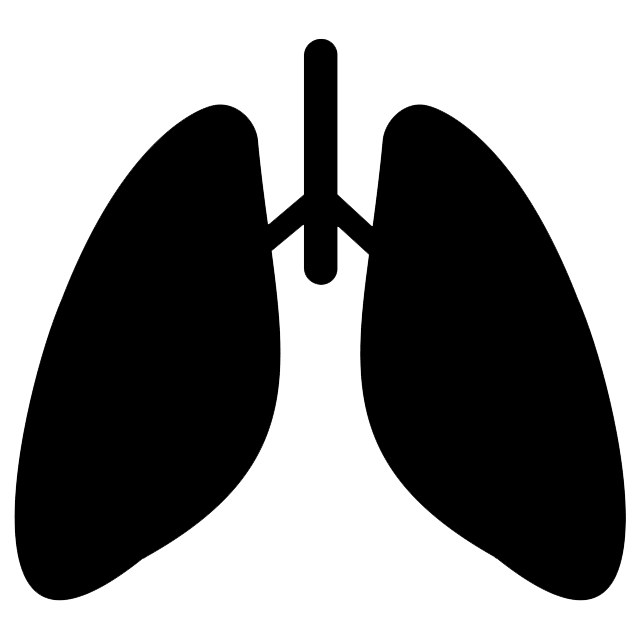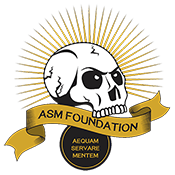Breathwork

Breathwork refers to various techniques that involve consciously controlling and regulating one’s breathing patterns. For first responders — such as police officers, firefighters, paramedics, and emergency medical technicians — these practices are increasingly recognized as crucial tools for managing stress, enhancing resilience, and improving overall mental health. The rationale behind the importance of breathwork for first responders is multifaceted.

Breathwork is a vital practice for first responders, offering a bridge to manage the inherent stresses of their roles while supporting their mental, emotional, and physical health. The ongoing research and growing recognition of these benefits underscore the importance of integrating breathwork and related mindfulness practices into the training and wellness programs of first responders.
